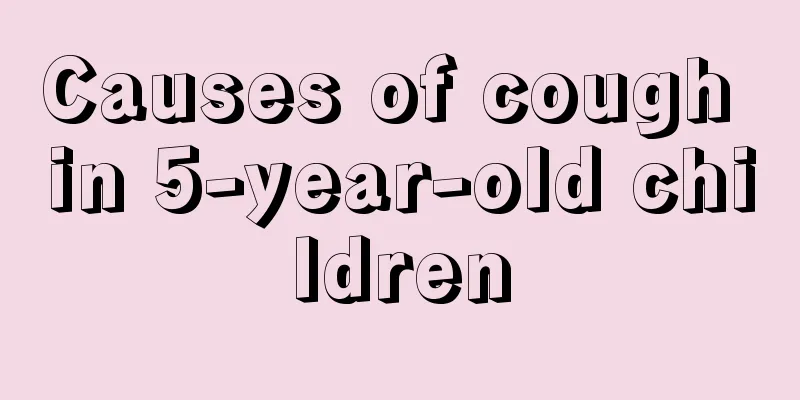How to treat congenital thumb deformity?

|
Congenital thumb deformity is a disease in which the thumb is underdeveloped, and its external manifestations are very obvious. The cause of congenital thumb deformity is not particularly clear. The disease is most likely caused by the mother's exposure to environmental pollution during pregnancy and has little to do with genetics. So what is the treatment for congenital thumb deformity? How should patients be cared for after surgery? 1. Evaluation: Psychological assessment: Conduct psychological assessment on the child and family to check whether they have psychological disorders, discrimination, and other issues, and whether they have a strong desire for surgical correction. 2. Surgical treatment Congenital duplicated thumb deformity is almost always amenable to surgical correction, which can not only significantly improve the appearance but also improve the function. Surgical reconstruction is usually done at 18 months, but preferably no later than 5 years of age. Occasionally, the thumb widens slightly and X-rays show duplication of the thumb, but surgery may not improve the situation. Different types of congenital duplication of thumbs require different surgical methods: 3. Late correction A secondary surgery may be required later, and joint fusion may be necessary at 8-10 years of age for advanced angular deformity and instability. The results of simply resecting a severely dysplastic finger are often unsatisfactory because progressive angular deformity and instability may occur. 1. Osteotomy is required for bony angular deformity; 2. In case of joint instability, ligament and joint capsule reattachment surgery is required; 3. Scar contracture requires scar release surgery; 4. If there is residual protrusion, exploration of the protrusion + osteotomy is required; 5. In case of stenosis of the thumb's mouth, thumb's mouth flap release is required. (IV) Notes 1. Regular follow-up, dressing change in outpatient clinic 3-5 days after surgery, re-examination in specialist clinic 14 days, and treatment guidance. If there is Kirschner wire fixation, it should be removed 3 weeks after surgery; if necessary, the stitches should be removed 14 days later. The first dressing change is done 10-14 days after skin grafting. 2. In case of any of the following emergencies, you need to return to the hospital or go to a local hospital for treatment immediately: poor blood flow to the fingertips, wound infection, poor healing, or broken Kirschner wires. The above is the editor’s introduction to congenital thumb deformity. I believe you have already had a certain understanding of it. The editor here would like to remind everyone that if this situation occurs, you must go to the hospital for surgical treatment in time. The early recovery ability is very strong. Thank you for reading. |
<<: What are the treatments for obsessive-compulsive disorder in adolescents?
>>: Causes of yellow hair in children
Recommend
How to guide babies who refuse to eat complementary foods
The problem of babies refusing to eat complementa...
How to cook baby clams
As a mollusk, clams have very delicious meat and ...
How to correct a child who eats slowly?
Parents are very concerned about their children&#...
Why are there red spots on my baby’s tongue?
Geographic tongue is a very common symptom in chi...
What to do if your child has a runny nose and sneezes
When a child feels unwell, a physical examination...
What should I do if my baby’s genitals are red?
Now that the two-child policy has been fully open...
How long does it take for a child's sinusitis to heal?
Most children suffer from rhinitis because they d...
Will children's teeth change?
The teeth in children are all deciduous teeth, wh...
What's the matter with the blue veins on the baby's nose?
Both adults and children may encounter the proble...
Three-year-old baby has knee pain
When it comes to knee pain, many people will subc...
Things to note during children's tooth replacement period
As we all know, children go through two tooth rep...
How to make baby food egg custard
Complementary food should be added to babies when...
The dangers of follicular pharyngitis in children
Follicular pharyngitis is caused by long-term mou...
What medicine should children take for bad breath and constipation
If a child suffers from constipation, it is usual...
Can a newborn baby be rocked?
When a newborn is crying, parents like to hold th...









